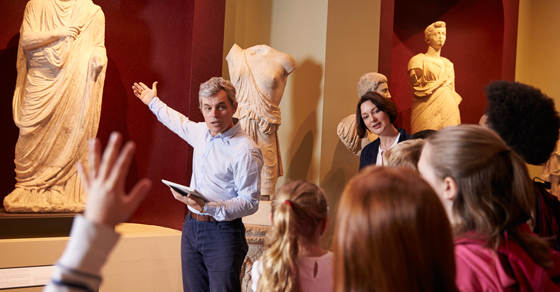Make sure the IRS won’t consider your business to be a “hobby”
If you run a business “on the side” and derive most of your income from another source (whether from another business you own, employment or investments), you may face a peculiar risk: Under certain circumstances, this on-the-side business might not be a business at all in the eyes of the IRS. It may be a hobby.
The hobby loss rules
Generally, a taxpayer can deduct losses from profit-motivated activities, either from other income in the same tax year or by carrying the loss back to a previous tax year or forward to a future tax year. But, to ensure these pursuits are really businesses — and not mere hobbies intended primarily to offset other income — the IRS enforces what are commonly referred to as the “hobby loss” rules.
If you haven’t earned a profit from your business in three out of five consecutive years, including the current year, you’ll bear the burden of proof to show that the enterprise isn’t merely a hobby. But if this profit test can be met, the burden falls on the IRS. In either case, the agency looks at factors such as the following to determine whether the activity is a business or a hobby:
- Do you carry on the activity in a business-like manner?
- Does the time and effort put into the activity indicate an intention to make a profit?
- Do you depend on income from the activity?
- If there are losses, are they due to circumstances beyond your control or did they occur in the start-up phase of the business?
- Have you changed methods of operation to improve profitability?
- Do you (or your advisors) have the knowledge needed to carry on the activity as a successful business?
- Have you made a profit in similar activities in the past?
- Does the activity make a profit in some years?
- Do you expect to make a profit in the future from the appreciation of assets used in the activity?
Dangers of reclassification
If your enterprise is reclassified as a hobby, you can’t use a loss from the activity to offset other income. You may still write off certain expenses related to the hobby, but only to the extent of income the hobby generates. If you’re concerned about the hobby loss rules, we can help you evaluate your situation.






